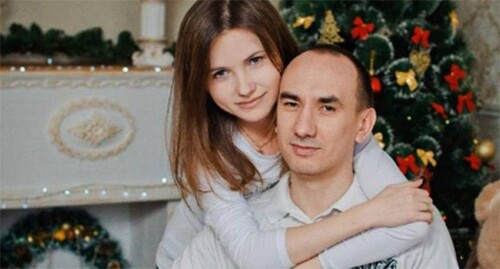
27 November 2024, 18:16
Court reduces sentence of writer Zaripov, convicted of appealing to Kadyrov
The military appellate court has replaced the five-year term of Zakhar Zaripov, convicted of appealing to the head of Chechnya, with a fine. After a cancer surgery, half of Zaripov's face is paralyzed and his vision has deteriorated.
The "Caucasian Knot" has reported that on October 16, it became known that Zaripov was hospitalized from the SIZO (pre-trial prison) with stage four cancer. On October 21, his advocate reported that Zaripov was in poor condition, but despite this, he was being prepared for transfer to the SIZO. His defence's motions to transfer Zaripov to house arrest remained unanswered.
On April 1, 2024, the court sentenced Zakhar Zaripov, a teacher and a writer, to five years in prison for his public appeal to Ramzan Kadyrov. A linguistic examination found signs of "incitement to an armed seizure of power with the aim of violating the territorial integrity of the Russian Federation" in Zaripov's post. In August, Zaripov's advocate reported that his client had been diagnosed with cancer. In September, the convict's relatives said that the disease was progressing, but the SIZO failed in providing him with efficient treatment.
The military appellate court has changed Zaripov's sentence. Instead of five years in colony, he was fined by 650,000 roubles; taking into account the time he spent at the SIZO, the amount was reduced to 350,000 roubles, the "Support for political prisoners. Memorial" project has reported.
This article was originally published on the Russian page of 24/7 Internet agency ‘Caucasian Knot’ on November 26, 2024 at 03:07 pm MSK. To access the full text of the article, click here.
Source: Caucasian Knot




